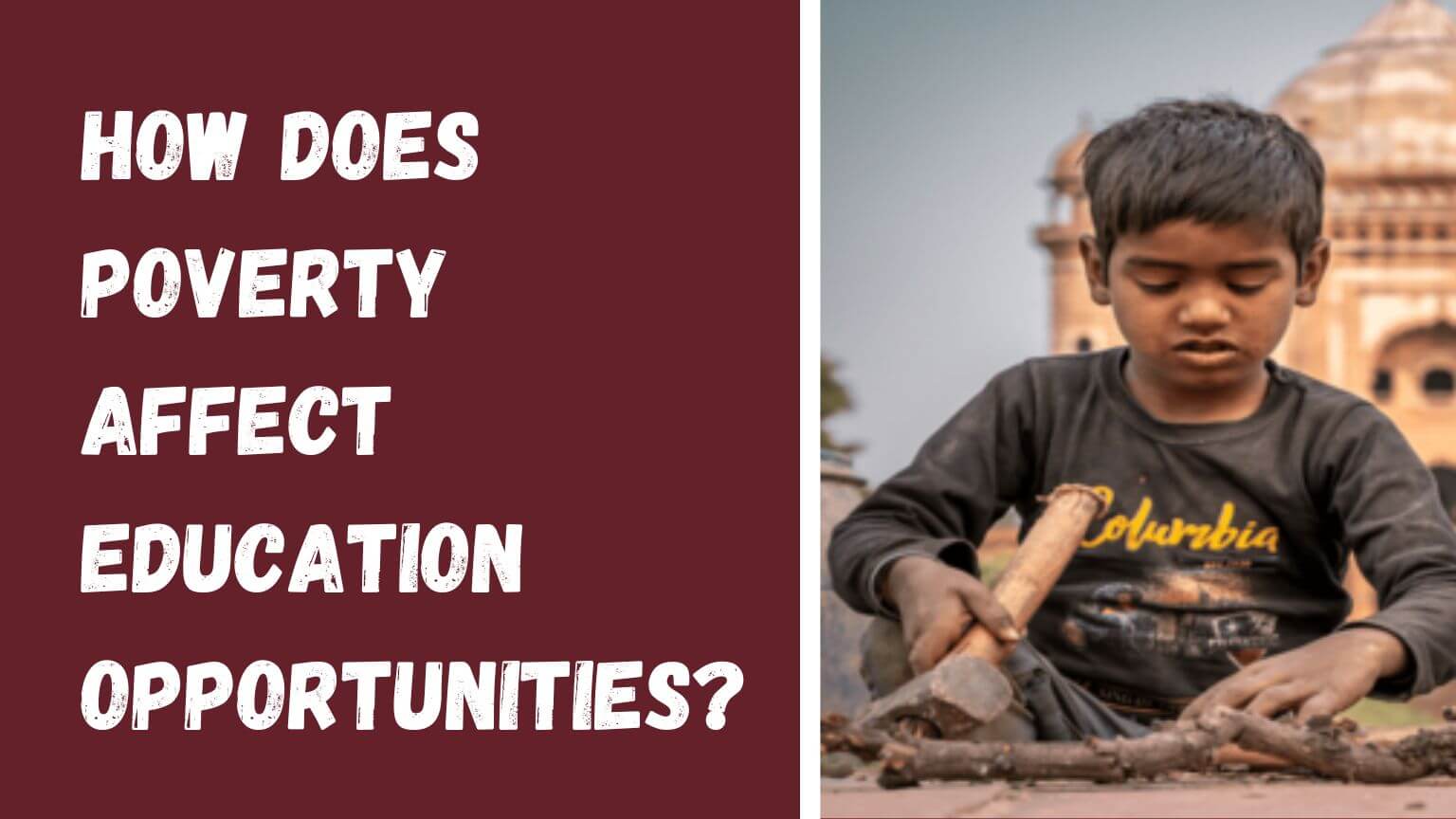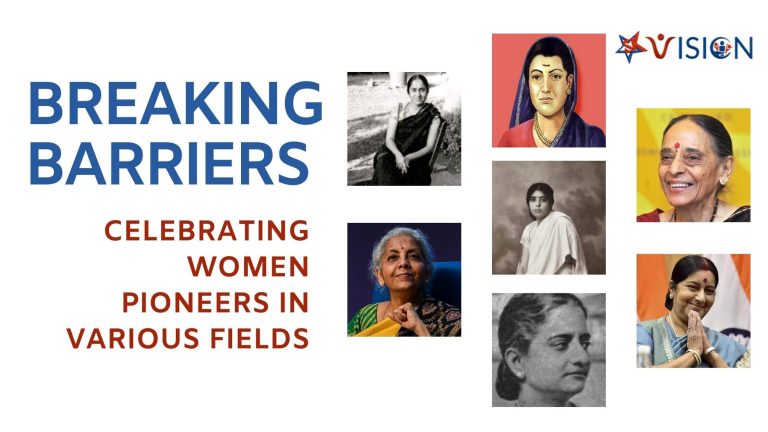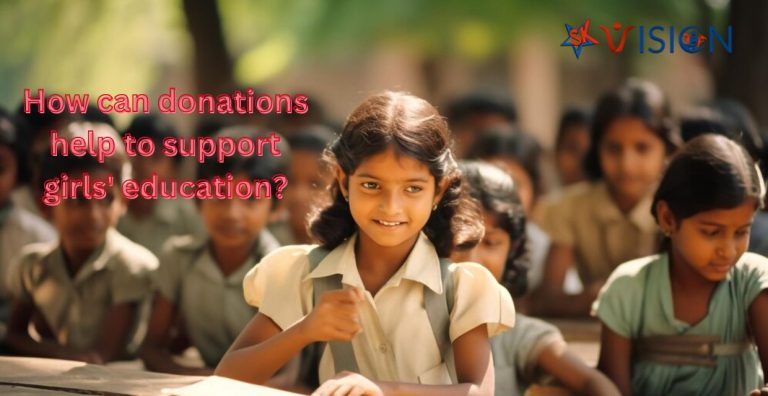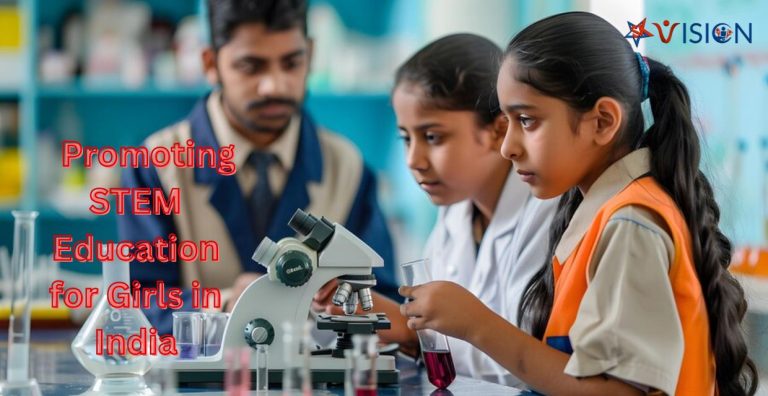In today’s time, it is easy to understand the importance of education in one’s life, but just imagine how the future life of those people who are unable to get an education for some reason and especially when the reason is related to poverty then the situation gets worse.
Education is very important for our personal and society’s growth, but despite this, getting an education remains a challenge for crores of children and adults across the globe. Nearly 60 million children of primary school age are not in school globally, with the majority living in developing countries (UNICEF). Through this blog, we will try to highlight this issue in detail and will get to know the main reason behind it.
Restriction in high-quality school
Rural vs Urban division
Children who live in remote areas like villages, far away from developed cities, are often considered victims of the urban vs. rural divide. For such children, going to school is a big challenge because there is no school nearby, and when it comes to transportation, the cost is very high, which they cannot afford. These are the basic problems that they faced, which made them very far away from the education system.
Inequality of school funding
The schools that are in low-income areas often lack resources. These schools do not have adequate textbooks, nor do they have teaching material, and trained teachers are also not available to them. Due to all these reasons, very poor educational outcomes come out. If the education institute gets proper funding, then the quality of education will
improve, and today many schools do not have adequate funding.
Inadequate resources and learning environment
Overcrowded classrooms:
In those places that are more affected by poverty, the number of children in the schools is very high, and it is obvious that in such a crowd it becomes very difficult to pay attention to each child. Now think: if a child is trying to get an education in this environment, then he will not be able to get a high-level education even if he wants to.
Insufficient facilities:
In all the low-income schools, there are no facilities. Such schools do not have laboratories, libraries, and even basic facilities like clean drinking water are also not provided, but people living below the poverty line have no other option but to send their children to such schools.
It affects students’ health and well-being.
Health problems and malnutrition:
Children who come from poor families are often victims of malnutrition, and it does affect the concentration of the children who are studying in the class. Apart from this, children who come from low-income families mostly suffer from chronic illness; yes, they usually suffer from diseases like asthma and anemia. Such diseases make a difference to the overall performance of children, and most of the time a student might miss their classes too.
Mental health issues:
You may not agree, but children living in poverty face a lot of stress and instability, and this has a huge impact on their mental health. Such children become victims of anxiety and depression. Such children face the most emotional challenges, due to which it becomes very difficult for them to stay motivated and concentrate on their studies.
The burden of domestic responsibilities
Child labour:
The burden of responsibilities falls on the shoulders of children living in poor families since childhood. Due to the poor financial condition of the family, they have to devote themselves to work like labour, due to which the time they should have spent on studies is reduced and that time is wasted on other things. Even today, child labour remains a big problem in countries like India and Bangladesh, especially in rural areas.
Caring for children:
Children from poor households may be required to take care of younger siblings or elderly family members, preventing them from attending school regularly. This disproportionate responsibility limits their opportunity to focus on their education.
Lack of home support for education
Parental education:
Children whose parents have never received an education are not able to contribute much in terms of education to their children because they do not have any such experience. Such parents are neither able to help their children with their homework nor pay attention to the activities happening in their school—in other words, the direction that a parent gives to their children in terms of studies is not possible in such a poor family.
The solution to overcome these barriers
Let’s talk about the possible initiatives that can become a first step towards the betterment of society and such people.
- 1. We can subsidise early childhood education to break the cycle of poverty. This can be done by expanding the community-based and government programs that include sponsoring preschool education so that people living in poverty can have access to education
- 2. A partnership with NGOs, local businesses, and schools can create an accessible early education centre for children who are living in poverty
- 3. Multiple donation programs can help underprivileged students, like school accessories and mobile libraries. Apart from this, various community centres with wifi access can bring education closer to such children
- 4. We can provide the necessary incentives to the teachers of low-income areas to boost their teacher career so that they feel motivated and educate the children, afterall we need to look after their needs as well.
How is SK Vision uplifting underprivileged children?
SK Vision has resolved to break the shackles of poverty and provide education to children. Through our initiatives, we try to connect such children with the mainstream of education. We teach things like life skills and hobby development to underprivileged children through our programs and events. We tell children about critical issues like menstrual hygiene, self-defense, good touch, and bad touch so that children learn to protect themselves. Our vision is to build a brighter, safer future for each child. We are putting our efforts into transforming lives one step at a time.




